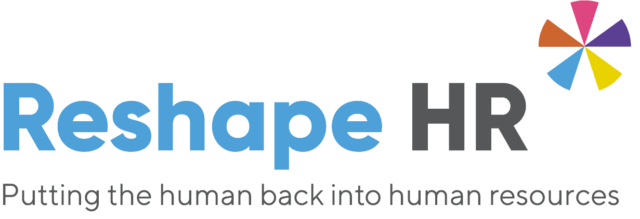National Sickie Day
In the UK, the first Monday of February is known as National Sickie Day, as it is statically proven to be a day when most people will phone in sick at work, it was formally devised in 2011 by ELAS Group.
Why does it happen?
One of the most contributing factors for this is that it coincides with the first payday since Christmas for most people, whilst another theory is that perhaps with the start of a new year, employees generally start to re-evaluate their careers, meaning most sickness absences is relating to actually able to attend job interviews with a potential new employer.
How can you manage absences?
Most line managers have started to accept text messages and emails from employees who plan to take the day off, instead of challenging their reasons for absence and ensuring that the business’s absence reporting procedure is being followed and the sickness does not trigger any absence points, in-line with the Company’s policy.
This approach may in turn follow onto other employees and allow a culture where absence is accepted without any due protocols or follow-ups.
Although the stigma around mental health is on the decrease as a result of many charitable and employer led campaigns, it is still common for employees to use cold, flu and other excuses to take a break from work by calling in sick as opposed to mentioning their mental health.
We at Reshape HR advise that you:
- Review your absence reporting procedures
- Communicate the absence reporting procedure and the sickness absence policy to all employees
- Review your absence monitoring procedures and trigger points
- Ensure line managers have the relevant training to undertake difficult conversation with employees
- If the pandemic has taught us anything, it is that flexible working may be a common thing in the not-so-distant future, so ensure that you review any of the Company’s flexible working arrangements and ensure it is compatible with your business and your employees in a hybrid/remote working approach.
- Perhaps have a wellbeing strategy in place within your business.
A report by CIPD in 2018 suggested that organisations which had a wellbeing policy and activities in place, experienced lower sickness absences by almost 52%.
If you would like to find out more information on an of the above or would like any assistance with any of your HR policies and procedures, than simply get in touch:
T: 0141 471 5510
E: info@reshapehr.com
W: reshapehr.com

